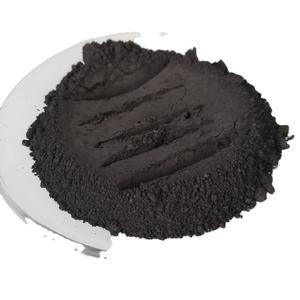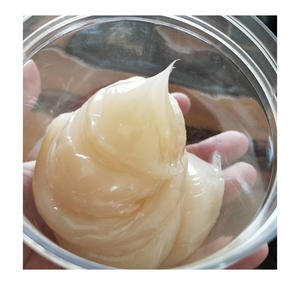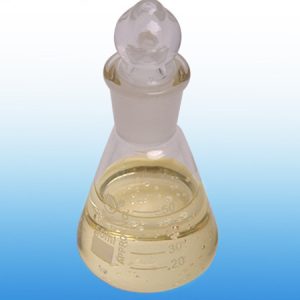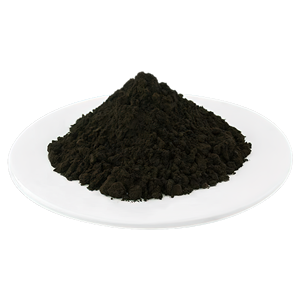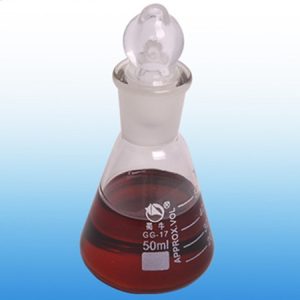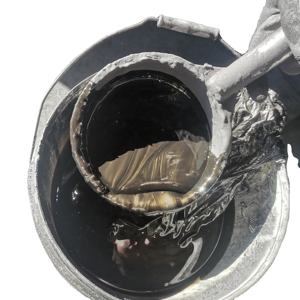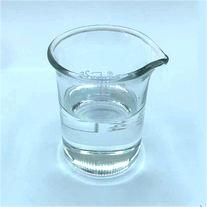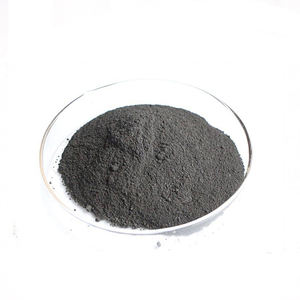One-stop lubrication solution | Discover the way to smoothness | Infomak
Title: Engine Whisperers: The Secret World of Premium Lubricant Oils
(Best High-Quality Lubricant Oil Refined Petrochemical Products)
Main Product Keywords: Lubricant Oil, Refined Petrochemical Products
1. What Exactly Are Lubricant Oils? (The Refined Petrochemical Core)
Think of lubricant oil as your engine’s bloodstream. It’s not just slippery stuff. Lubricant oils are highly refined petrochemical products. They start life as crude oil, that thick black liquid pumped from deep underground. This crude oil is a messy mix of thousands of different molecules. Refineries work like giant kitchens. They heat the crude oil. They separate it into useful parts through distillation. This is like boiling water to separate it from salt. The lighter parts become gasoline or jet fuel. The heavier parts form the base for lubricating oils. But base oil alone isn’t enough. It needs help. This raw base oil undergoes further refining. Processes remove impurities like wax, sulfur, and nitrogen compounds. This refining is crucial. It determines the oil’s basic quality, its resistance to breaking down, and its performance at different temperatures. The result is a clean, stable base fluid. This base is the foundation of every bottle of engine oil, gear oil, or hydraulic fluid you use. It’s the “refined petrochemical product” at the heart of lubrication. Without this careful processing, modern machinery simply couldn’t function smoothly or last very long.
2. Why High-Quality Lubricant Oil is Non-Negotiable
Using cheap or low-grade lubricant oil is a bad gamble. High-quality lubricant oil does much more than just reduce friction. It protects your investment. Inside an engine or gearbox, metal parts move incredibly fast. They experience extreme pressure and heat. Good lubricant oil forms a strong, lasting film between these surfaces. This film prevents direct metal-to-metal contact. It stops wear and tear. It stops costly damage. Premium lubricant oils also fight heat. They absorb heat from critical components. They carry this heat away to the oil pan or cooler. This keeps operating temperatures safe. High-quality oils resist oxidation better. Oxidation is when oil thickens and forms sludge when exposed to air and heat. Sludge clogs oil passages. It starves parts of lubrication. This leads to failure. Top-tier lubricant oils also keep engines clean. Special detergent additives suspend soot and dirt. They hold these contaminants until the oil filter catches them. This prevents harmful deposits. Using the best lubricant oil means longer equipment life. It means fewer breakdowns. It means better fuel efficiency. It saves money in the long run. It’s essential protection.
3. How Refined Petrochemicals Become Super Lubricants
Turning base oil into a high-performance lubricant oil is a science. It involves precise blending and advanced additives. The refined base oil provides the fundamental lubricating properties. But additives give it superpowers. Think of it like baking a cake. The base oil is the flour. Additives are the sugar, eggs, and flavorings. They transform it. Additive packages are carefully formulated. They address specific needs. Detergent additives keep engine internals clean. They neutralize acids formed during combustion. Dispersant additives prevent sludge. They hold tiny particles in suspension. This stops them from clumping together and blocking oil flow. Anti-wear additives form a protective shield on metal surfaces. They activate under high pressure. This shield prevents scuffing and scoring. Viscosity Index Improvers (VIIs) are vital. They help the oil maintain its thickness (viscosity) across a wide temperature range. The oil flows easily when cold for quick startup protection. It stays thick enough when hot to maintain the protective film. Antioxidants fight oil breakdown. They extend the oil’s useful life. Pour point depressants stop the oil from becoming too thick in freezing weather. Foam inhibitors prevent air bubbles from forming. Bubbles reduce lubrication effectiveness. Blending the exact right additives into the refined base oil creates a lubricant tailored for specific demanding applications. This is how refined petrochemicals become engine guardians.
4. Key Applications: Where These Lubricant Oils Work Hard
High-quality lubricant oils touch almost every part of modern life. Their applications are incredibly diverse. Automotive engines are the most common use. Cars, trucks, motorcycles all rely on engine oil. This oil protects pistons, bearings, and camshafts under extreme heat and pressure. Transmission fluids are specialized lubricants. Automatic transmissions need fluid for lubrication, cooling, and hydraulic power transfer. Gear oils protect differentials and manual gearboxes. They handle high shock loads. Industrial machinery depends heavily on lubricants. Hydraulic systems use fluid to transmit power. Turbines, compressors, and large bearings need oils that last for thousands of hours. Metalworking fluids cool and lubricate cutting tools during machining. Refined petrochemical lubricants are essential here. The marine world uses massive amounts. Marine diesel engine oils handle huge power outputs and often lower-quality fuels. Stern tube lubricants seal propeller shafts. Industrial gear oils drive winches and cranes on ships. Even aerospace relies on them. Jet engines demand oils that perform at -50°C at altitude and over 200°C near the turbine. Greases, made from lubricating oil and thickener, protect wheel bearings, chassis points, and countless other fittings. From your morning commute to global shipping, these oils keep things moving.
5. Lubricant Oil FAQs: Your Top Questions Answered
People often have questions about lubricant oils. Here are some common ones:
Synthetic vs. Conventional: What’s the real difference? Conventional oils come straight from refined crude. Synthetic oils are chemically engineered. They offer superior performance. They flow better in cold weather. They resist breakdown at high temperatures longer. They often provide better fuel economy and engine protection. Synthetics are worth the extra cost for demanding use or extended drain intervals.
How often should I really change my oil? Forget the old “every 3,000 miles” rule. Always check your vehicle owner’s manual first. Modern oils and engines often allow 5,000, 7,500, or even 10,000+ miles. Severe conditions matter. Lots of short trips, extreme heat or cold, towing, dusty environments all shorten oil life. Use the manufacturer’s recommendation as your starting point. Consider your driving habits.
Do oil additives really work? Be cautious. Most high-quality lubricant oils already contain a balanced additive package. Adding extra can upset this balance. It might reduce performance. It could even cause damage. It’s usually better to choose the correct oil grade and quality for your application than to add extras.
Is used lubricant oil bad for the environment? Yes. Used oil contains harmful contaminants like heavy metals and combustion byproducts. Never pour it down drains or onto the ground. One quart can contaminate 250,000 gallons of water. Recycle it responsibly. Most auto parts stores and service stations accept used oil for recycling. It can be re-refined into new base oil.
(Best High-Quality Lubricant Oil Refined Petrochemical Products)
Can I use engine oil as gear oil or grease? No. Different applications need different lubricants. Engine oils contain detergents and friction modifiers not needed in gears. Gear oils need extreme pressure additives not found in engine oil. Grease stays in place; oil flows. Using the wrong lubricant leads to poor performance and equipment damage. Always use the lubricant specified for the job.
